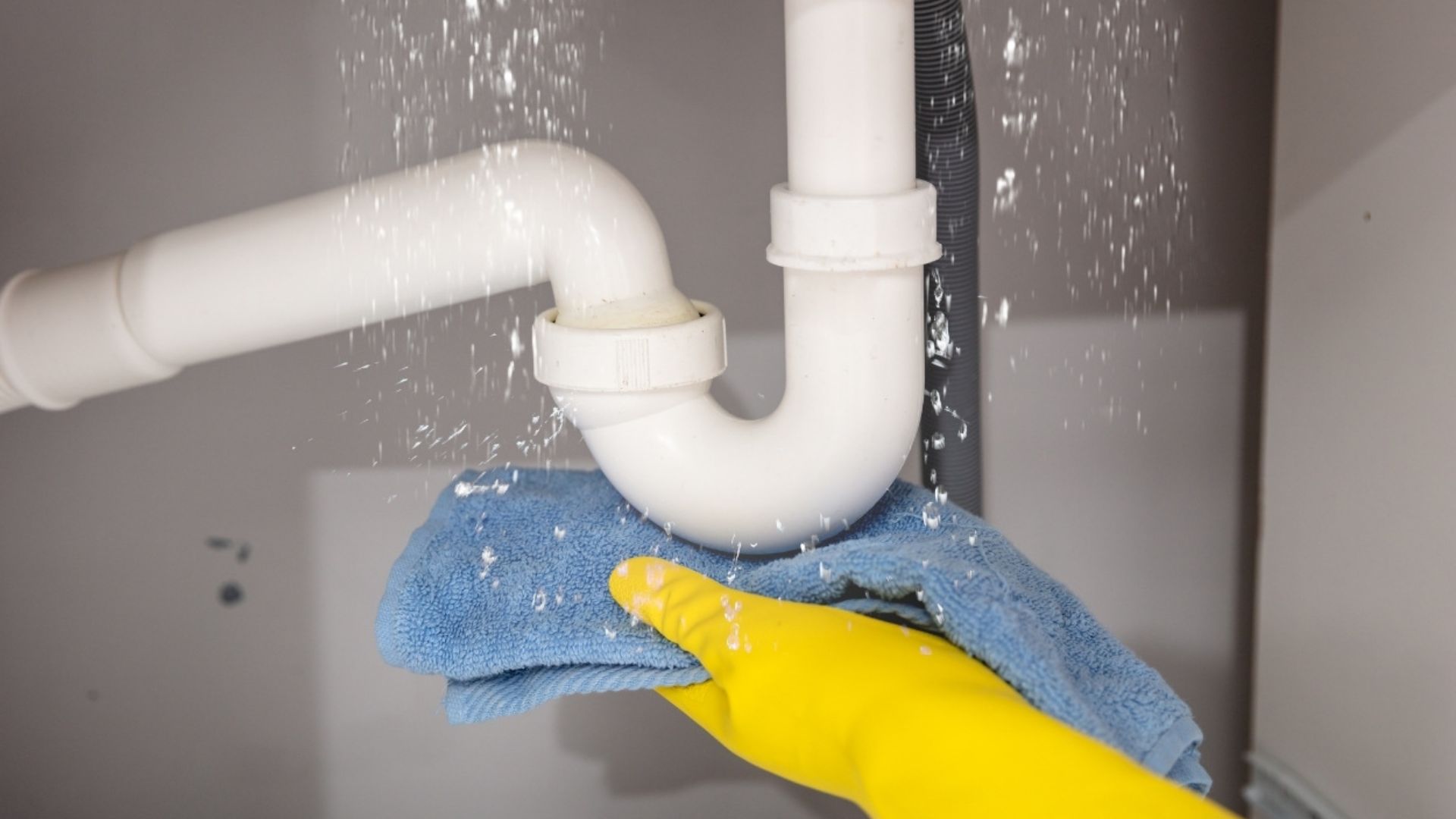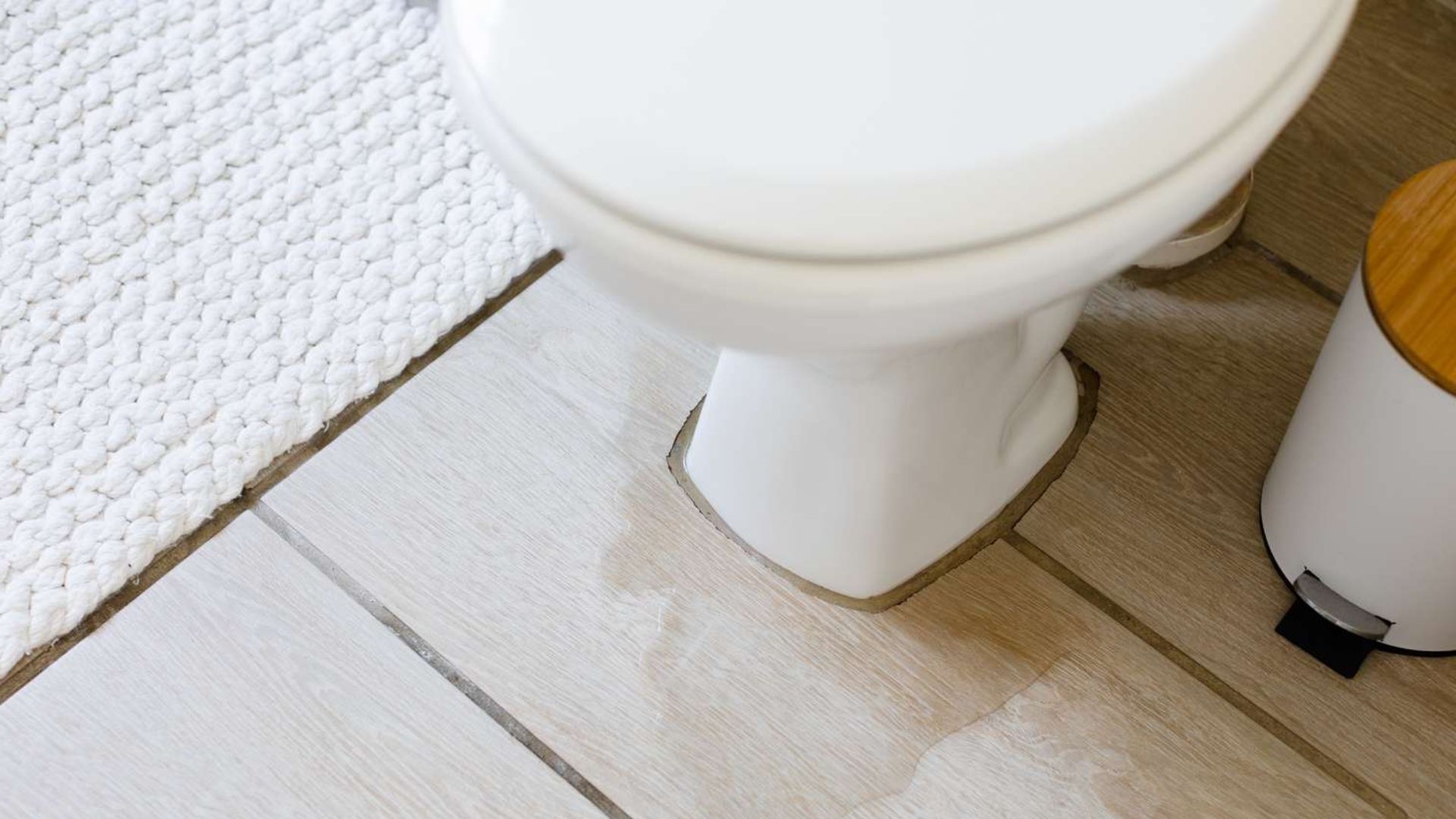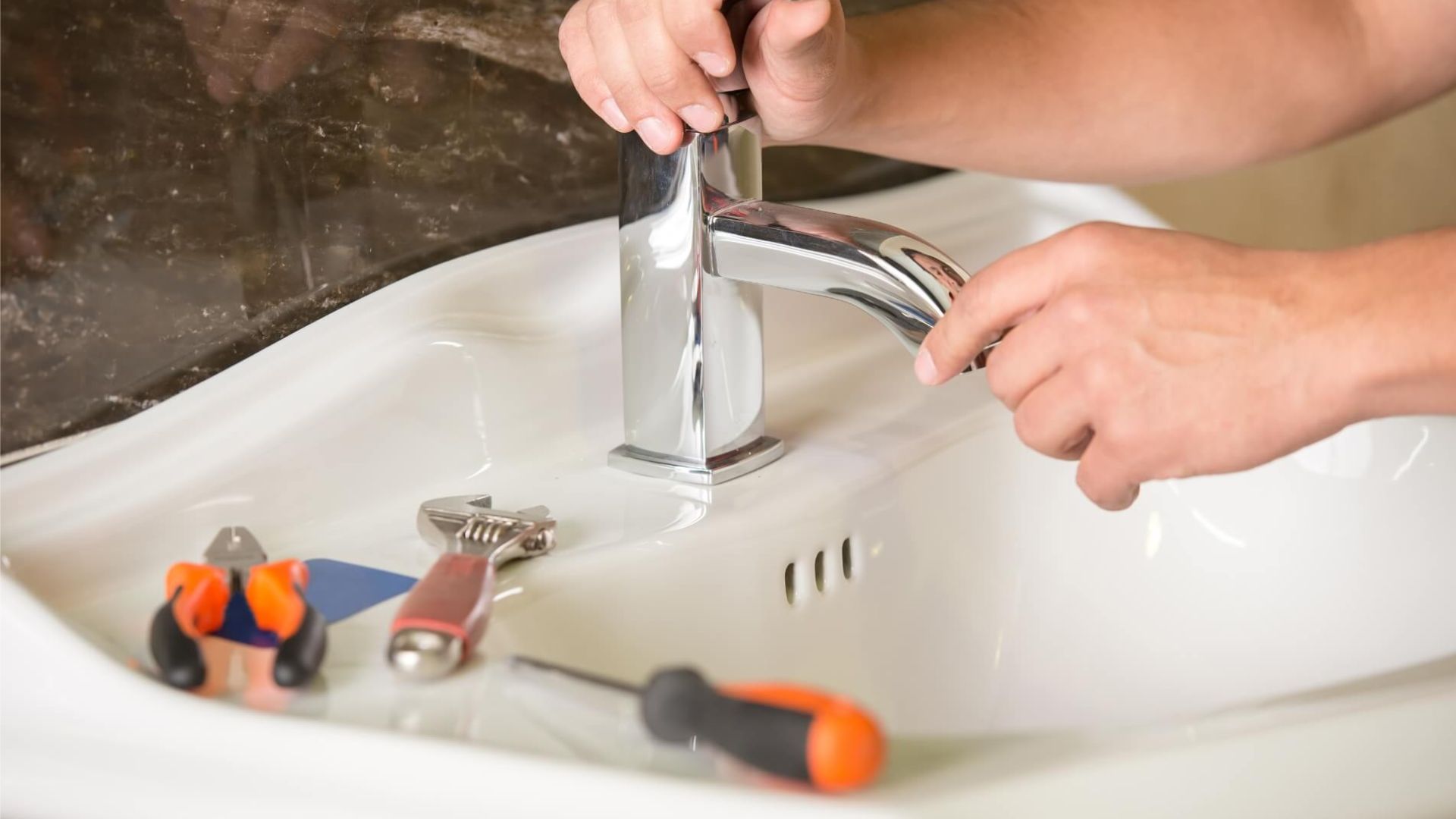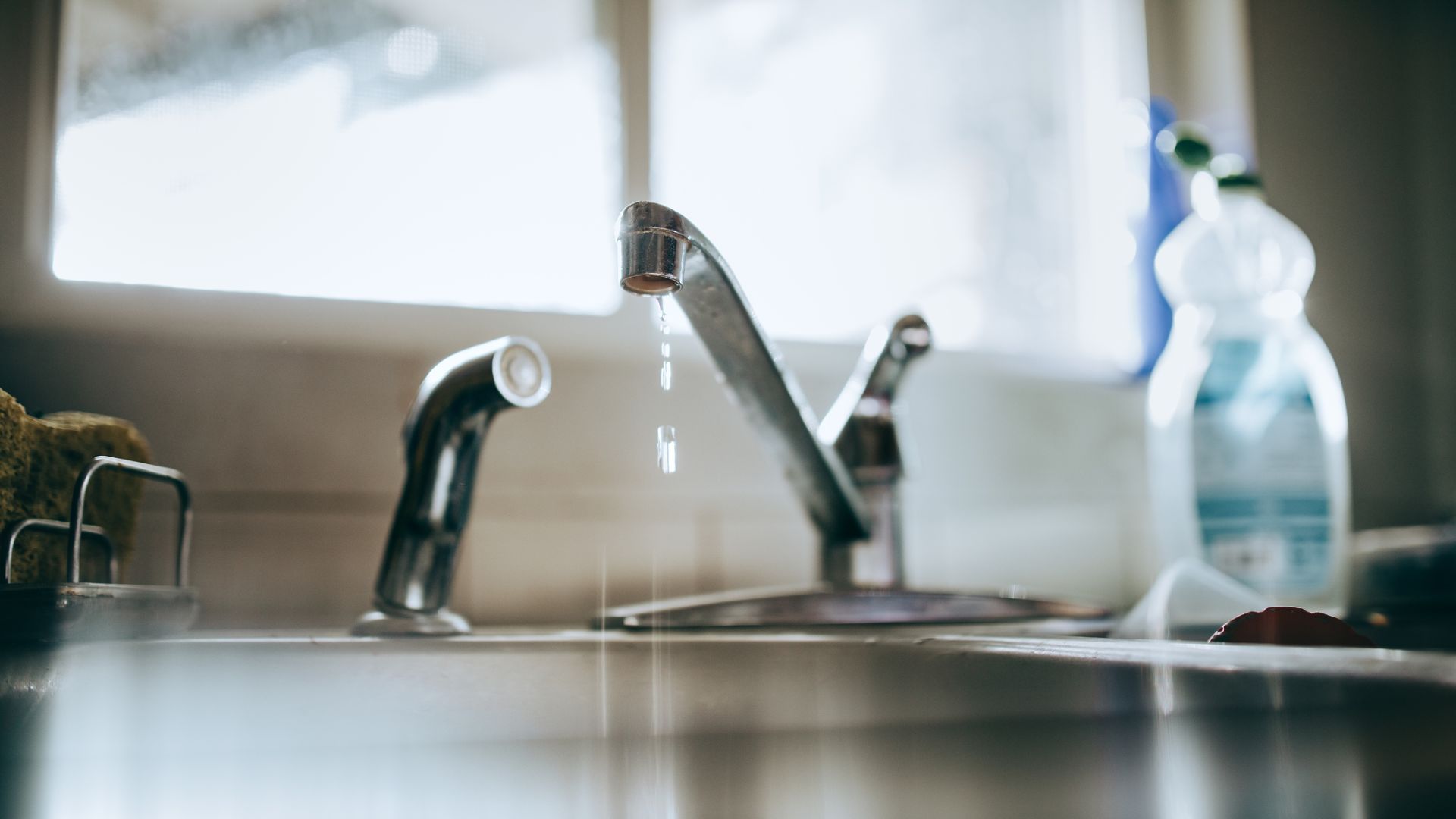7:00AM to 5:00PM
When plumbing disasters strike, it’s crucial to navigate the situation confidently and take the right steps to minimise damage and ensure your safety. This blog will equip you with expert tips and practical advice on handling common plumbing emergencies.
From understanding the nature of these emergencies to being prepared before disaster strikes, we’ll cover it all. Let’s dive in and empower you to handle plumbing disasters like a pro!
Plumbing emergencies can strike unexpectedly, causing panic and inconvenience. Being aware of common issues that are considered a plumbing emergency and understanding how to handle them can help you minimise damage and ensure the situation is resolved efficiently. Here are some common plumbing emergencies and what you need to know about them:

A burst pipe can lead to significant water damage if not addressed promptly. Freezing temperatures, excessive water pressure, or aging pipes often cause it. If you experience a burst pipe, locate the main water shut-off valve and turn it off immediately. Then, contact a licensed plumber to assess and repair the damage.
A clogged drain can disrupt daily routines and cause water to back up, leading to potential flooding. A plunger or a drain snake can often help clear minor clogs. However, if the clog persists or is recurring, it’s best to avoid using chemical drain cleaners and consult a professional plumber for a thorough inspection and appropriate solution.
A malfunctioning water heater can result in cold showers and inconveniences. If your water heater fails to provide hot water, check the pilot light and ensure it’s ignited. If that doesn’t solve the issue, it could be due to a faulty thermostat or heating element, which would require professional attention to repair or replace.
Constantly dripping faucets or leaking toilets waste water and can lead to higher utility bills. In most cases, the problem can be resolved by replacing worn-out washers or faulty components. If the leakage persists after these adjustments, it’s recommended to consult a plumber to prevent further damage and water wastage.
A sewer line backup can cause sewage to back up into your home, resulting in foul odours and potential health hazards. Suppose you notice multiple drains backing up simultaneously or sewage coming up through drains or toilets. In that case, it’s crucial to avoid using water sources and contact a professional plumber immediately to address the issue.
Preparing for emergencies is crucial to ensure the safety and well-being of yourself and your loved ones. Taking proactive steps before disaster strikes can minimise the impact and increase your ability to respond effectively. Here are some essential measures to consider for emergency preparedness:

Develop a comprehensive emergency plan for your household. Identify potential hazards in your area, such as natural disasters or power outages, and discuss evacuation routes, meeting points, and communication strategies with family members. Assign roles and responsibilities to ensure everyone knows what to do in different scenarios.
Assemble a well-stocked emergency kit with essential supplies. Include non-perishable food, water, medications, first aid supplies, flashlights, batteries, a battery-powered radio, extra clothing, and personal hygiene items. Ensure your kit is easily accessible, and regularly check and replenish its contents.
Stay informed about potential emergencies by monitoring local news, weather updates, and emergency alerts. Sign up for community alert systems and follow official social media accounts for real-time information. Understanding the risks and being aware of warnings can help you make informed decisions during an emergency.
Take steps to safeguard your home. Install smoke detectors, carbon monoxide detectors, and fire extinguishers in appropriate locations. Secure heavy furniture and appliances to prevent them from toppling during earthquakes or severe storms. Regularly inspect and maintain your home’s structural integrity, electrical systems, and plumbing to reduce the risk of emergencies.
Make digital copies of essential documents such as identification papers, insurance policies, medical records, and emergency contacts. Store them in a secure, password-protected location or cloud storage. Additionally, keep physical copies in a waterproof and fire-resistant container.
Establish a communication plan to stay connected with family members and friends during emergencies. Share contact information, designate an out-of-area contact person, and agree on a communication method that works even if local networks are disrupted. Familiarise yourself with emergency communication apps or radio channels.
EEnrolin a first aid and CPR course to learn life-saving skills. Additionally, basic knowledge of emergency procedures, such as shutting off utilities like gas, water, and electricity, is fundamental. Knowing these skills can help you respond effectively during a crisis.
Experiencing a plumbing emergency can be stressful, but knowing how to react quickly and appropriately can help mitigate damage and ensure a swift resolution. Here are some important steps to take during a plumbing emergency:

You should first locate the main water shut-off valve in any plumbing emergency and turn it off. This will stop the water flow and prevent further damage. It’s essential to familiarise yourself with the location of this valve before an emergency occurs.
Once you have shut off the water, assess the severity of the situation. Determine the source of the problem and evaluate if it requires immediate professional attention or can be temporarily addressed.
If you cannot resolve the issue yourself or if it is a major plumbing emergency, such as a burst pipe or a sewer line backup, it’s crucial to contact a licensed plumber immediately. Professional plumbers have the expertise and equipment to handle emergencies effectively and safely.
If water leaks near electrical outlets or appliances, turning off the electricity at the main breaker panel is important. Water and electricity can be dangerous, so exercise caution and prioritise safety.
If the plumbing emergency is causing flooding or leaks, remove any valuable or sensitive items from the affected area to prevent damage. Place buckets or towels strategically to collect water and minimise its spread.
Take pictures or videos of the plumbing emergency and any resulting damage. This documentation may be useful when filing an insurance claim or discussing the issue with your plumber or insurance provider.
If you have contacted a plumber, follow their instructions until they arrive. They may provide you with temporary solutions or advice on preventing further damage.
Feeling overwhelmed during a plumbing emergency is natural, but staying calm is essential. Panicking can hinder your ability to make rational decisions and take appropriate actions. Remember that professionals are available to assist you.

While some plumbing issues can be handled with temporary fixes or DIY solutions, there are times when it’s crucial to contact an emergency plumbing service. For instance, overflowing toilets and blocked drains are problems that often require professional assistance. Using chemical drain cleaners might provide a temporary solution, but they can also cause damage to your plumbing system.
Therefore, it’s essential to call a professional plumber who can ensure the job is done correctly. Plumbing emergencies require immediate attention from professionals with the necessary expertise and equipment, and regular plumbing services can help prevent these emergencies from occurring.
If you experience a burst pipe, a severe sewer line backup, a complete loss of water supply, or a major plumbing leak that cannot be controlled, it’s time to call an emergency plumber. These situations risk extensive damage, health hazards, or disruption to your daily life.
Emergency plumbers are available around the clock to provide prompt assistance and resolve the issue efficiently, ensuring the safety and well-being of your home and family. Remember, it’s always better to avoid caution and seek professional help like Gold Coast Plumbing Company to prevent further complications when faced with plumbing emergencies. So, contact us today!